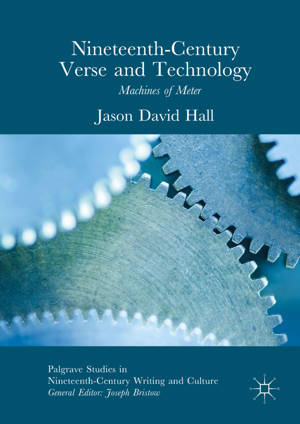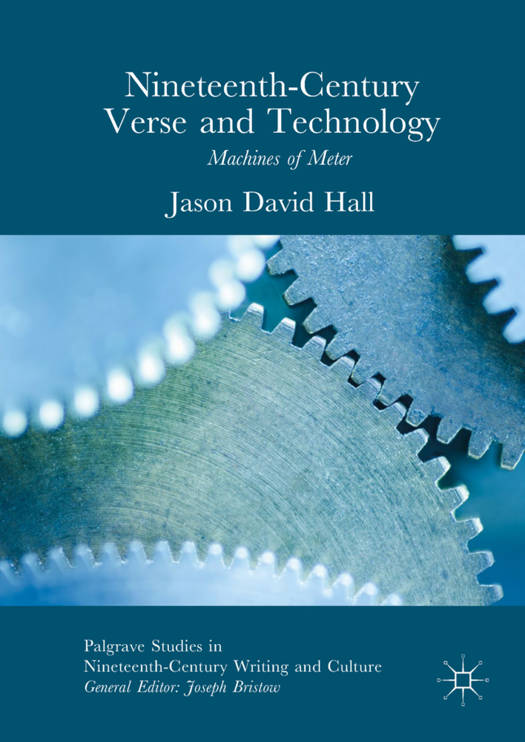
- Retrait gratuit dans votre magasin Club
- 7.000.000 titres dans notre catalogue
- Payer en toute sécurité
- Toujours un magasin près de chez vous
- Retrait gratuit dans votre magasin Club
- 7.000.0000 titres dans notre catalogue
- Payer en toute sécurité
- Toujours un magasin près de chez vous
Description
This book repositions thinking about rhythm, meter and versification during the "Mechanical Age." Cutting across disciplinary boundaries, the book examines the rhythmical workings of poems alongside not only Victorian theories of prosody and poetics but also contemporary thinking about labor practices, pedagogical procedures, scientific experiments, and technological innovations. By offering an exploded definition of meter--one that extends beyond conventional foot-based scansion--this book explicates the conceptual and, at times, material exchanges between poetic meter and machine culture. The machines of meter include mid-century theories of abstraction and technologies of smoothness and even spacing; a deeply influential, though rarely credited, system of metrical manufacture; verse produced by a Victorian automaton; the mechanics of the human body and mind and the meters that issued from them; and the promise of scientific machines to resolve metrical dilemmas once and forall.
Spécifications
Parties prenantes
- Auteur(s) :
- Editeur:
Contenu
- Nombre de pages :
- 288
- Langue:
- Anglais
- Collection :
Caractéristiques
- EAN:
- 9783319535012
- Date de parution :
- 02-10-17
- Format:
- Livre relié
- Format numérique:
- Genaaid
- Dimensions :
- 148 mm x 210 mm
- Poids :
- 517 g

Les avis
Nous publions uniquement les avis qui respectent les conditions requises. Consultez nos conditions pour les avis.






